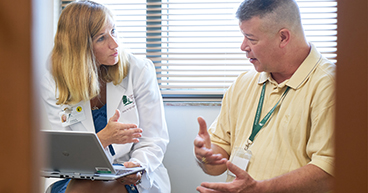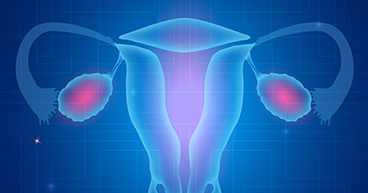
We use a core set of cookies to make our website work. We also use optional cookies to measure our site's performance, personalize content and provide social media features, including through our advertising and analytics partners. For the optional cookies, you can "Accept All" or "Reject All."
By using our site, you agree to our Terms of Use and Privacy Policy.


119 Posts

January 16, 2019
Thirdhand smoke: What is it and what are its risks?Inhaling nicotine and other toxic chemicals in cigarette smoke, either firsthand as a smoker or secondhand as a non-smoker, may cause illnesses like heart disease, stroke and lung cancer. What isn’t as clearly understood is the effect of so-called “thirdhand smoke.”

July 25, 2018
Experts: E-cigarettes' persistent popularity raises serious concernsAlthough organizations like the American Cancer Society and National Cancer Institute acknowledge that e-cigarettes may be less dangerous than conventional cigarettes, they stress that using e-cigarettes, or vaping, may still be harmful, and the long-term effects still aren't known. But many doctors fear that message is getting lost amid vaping's skyrocketing popularity.

July 11, 2018
Vitamin D: An important but elusive nutrientFor many cancer patients, it's hard to get enough vitamin D because treatments for the disease may cause the skin to be extra sensitive to sun damage.

May 10, 2018
Think you know your age? Tiny chromosome tips may say otherwiseFor years, scientists have been studying the role telomeres play in measuring our biological age and how they influence the development of disease, including cancer.

April 24, 2018
Hereditary cancer risks: How information can open up opportunitiesBut for some people, the risk of cancer poses a constant threat, because they have what’s known as a hereditary cancer syndrome.

March 22, 2018
At-home cancer screening approval worries expertsMany Americans are buzzing over the federal government's recent approval of the country's first prescription-free genetic test for hereditary mutations linked to several common cancers. But cancer experts are raising serious concerns that the test will do more harm than good.

March 13, 2018
Seven questions you should ask your doctor before getting a colonoscopyOn average, 40,000 Americans a day get a colonoscopy. But many still don’t understand how they work or even why they’re so important.

February 27, 2018
Study: Fallopian tube lesions an early sign of ovarian cancerThe most prevalent form of ovarian cancer may have actually start in the fallopian tubes. Find out why that matters, and what it may mean for future patients.

January 23, 2018
Cancer vaccines do exist, but don't expect the impossibleSince the first vaccine for smallpox was developed by English physician Edward Jenner in 1796, vaccines have prevented a variety of devastating maladies and saved millions of lives. The World Health Organization lists 26 available vaccines—for diseases from cholera to yellow fever—and another two dozen are in development for illnesses like malaria and the Zika virus. Not on the list of diseases targeted by current or potential vaccines: cancer. In fact, despite advances in medicine, and in cancer treatment in particular, one unfortunate scientific reality is that a universal vaccine to prevent cancer will likely never be developed.
Guidelines
The information contained in this blog is not intended nor implied to be a substitute for professional medical advice. Always seek the advice of your physician or other qualified health provider prior to starting any new treatment or with any questions you may have regarding a medical condition. Nothing contained in the blog is intended to be used for medical diagnosis or treatment of any illness, condition or disease.